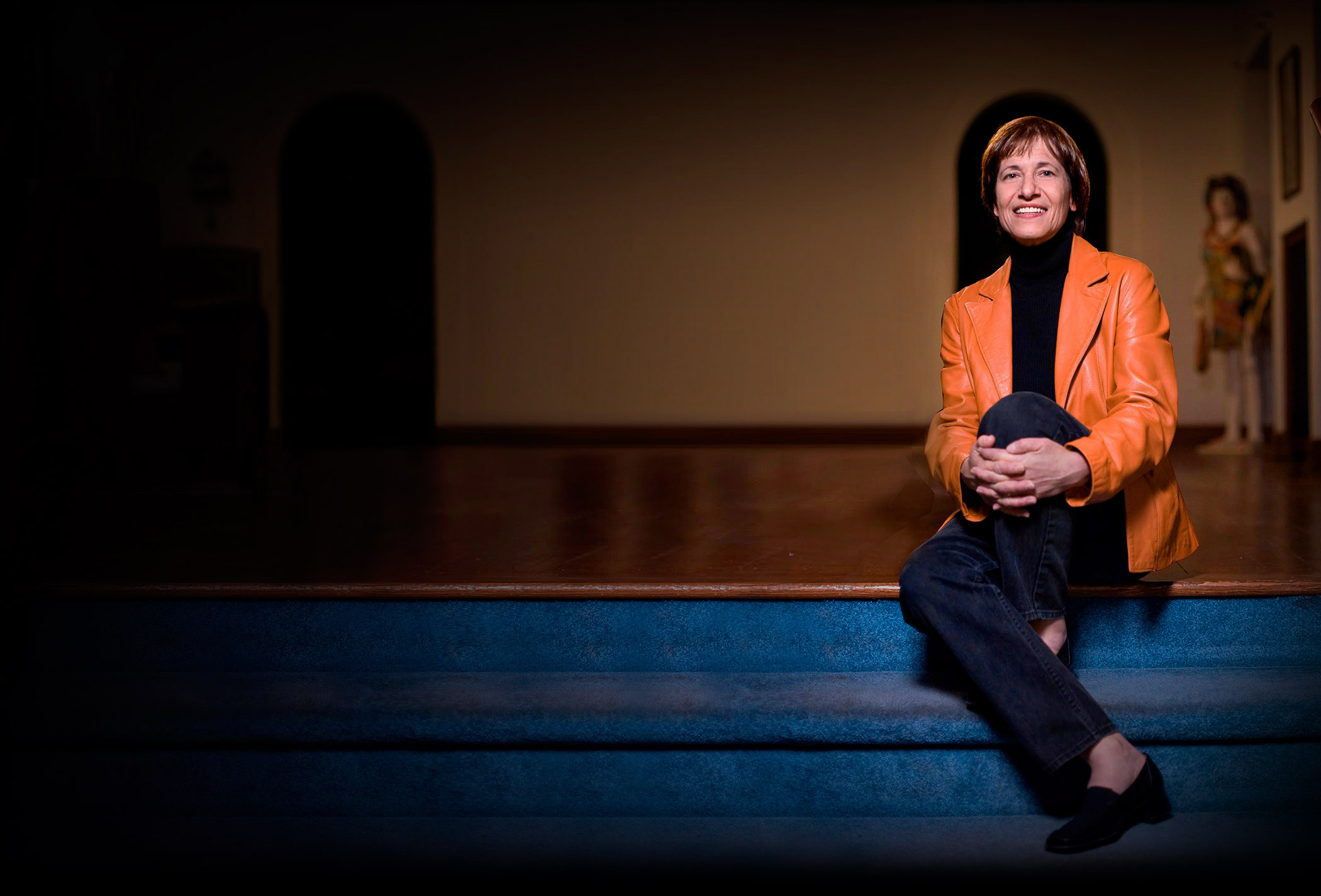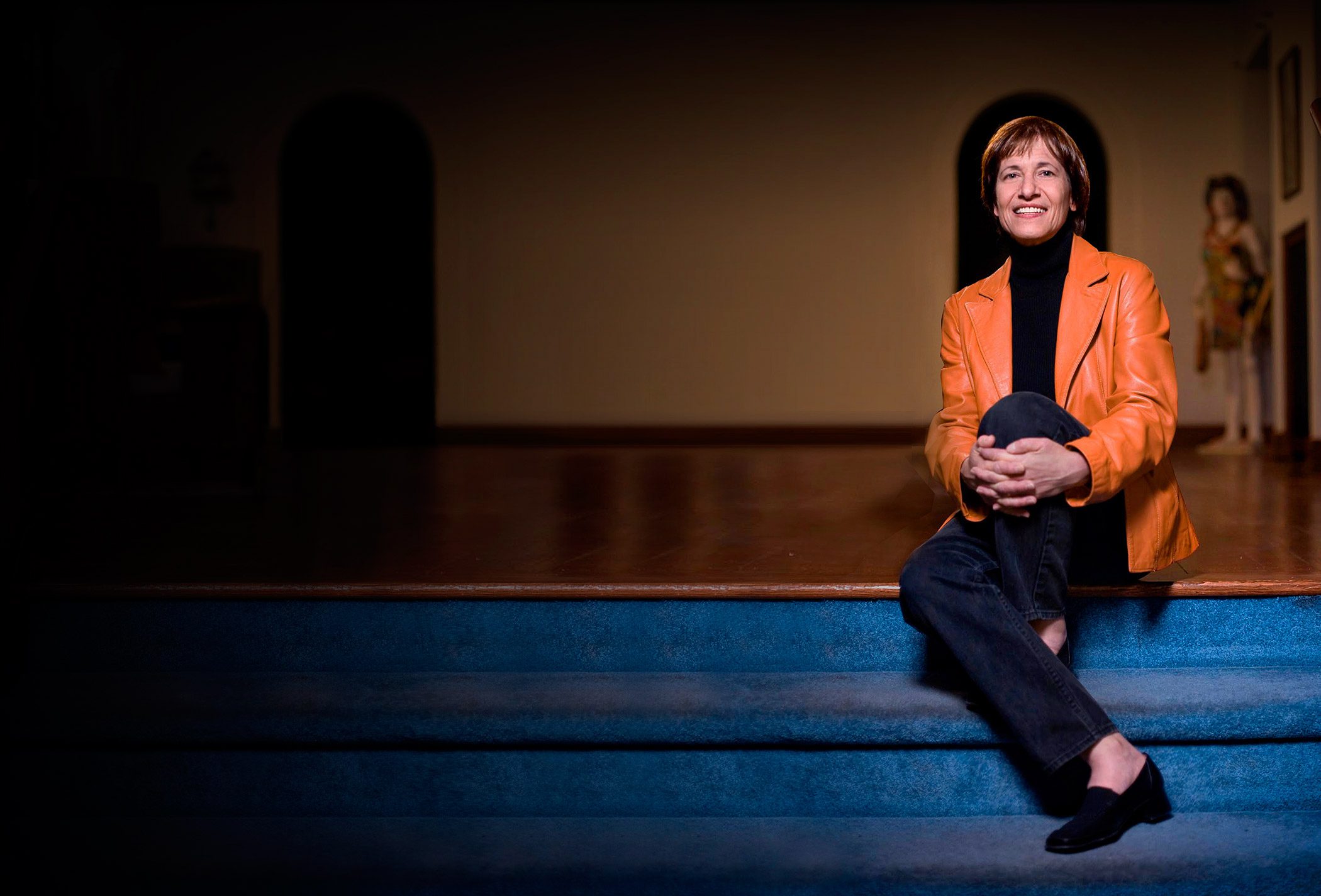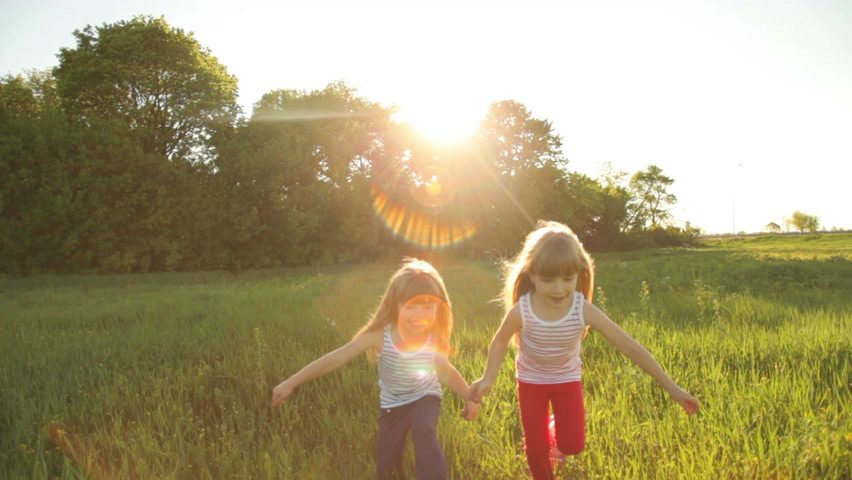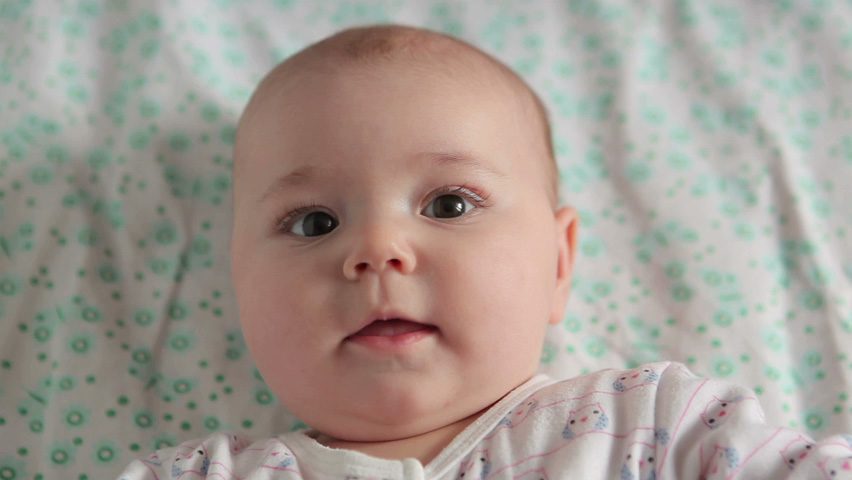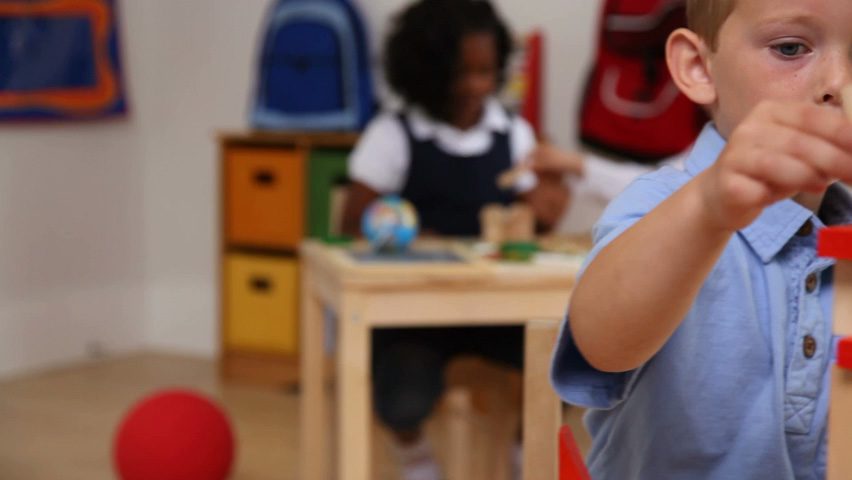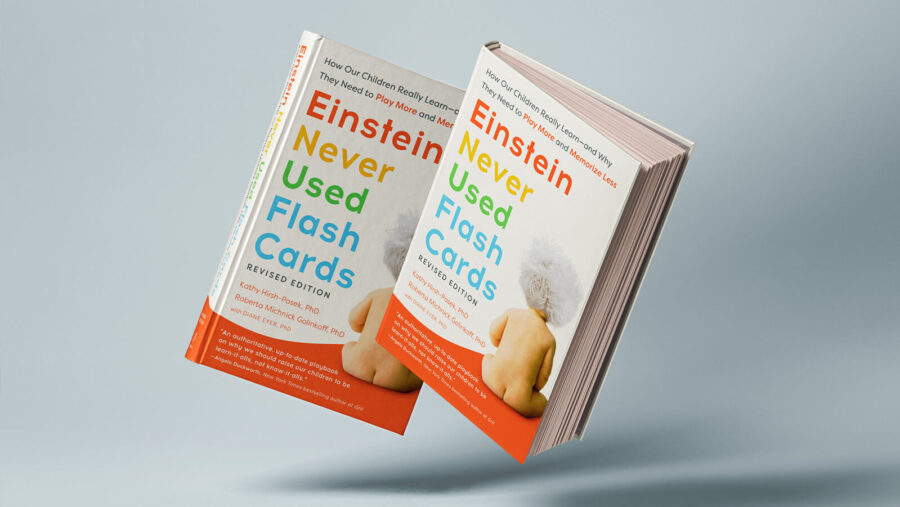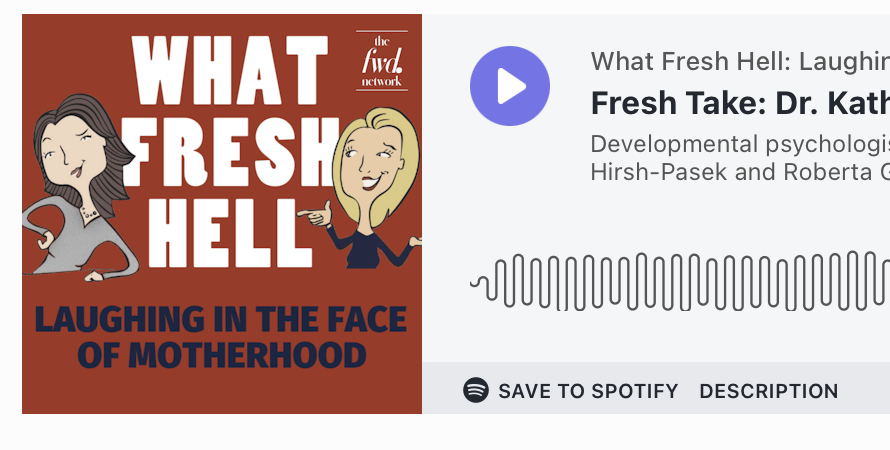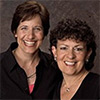Updated Edition of Einstein Never Used Flashcards now OUT!
An updated edition of Kathy’s award-winning book, Einstein Never Used Flashcards, has been released on January 20, 2026!
This new edition features an all-new chapter on screen time, thoughtfully addressing the challenges of raising children in today’s digital and AI-driven world. Kathy and Roberta continue to bring joy, clarity, and confidence back to parenting—helping families nurture smart, social, and happy children while navigating modern technology with intention.
Winner of Best Psychology Book and the Books for a Better Life Award, the book has been widely praised by leading experts in psychology and education, as highlighted below.
“An authoritative, up-to-date playbook on why we should raise our children to be learn-it-alls, not know-it-alls — plus practical advice on how parents can do that!”
— Angela Duckworth, Rosa Lee and Egbert Chang Professor at the University of Pennsylvania and New York Times bestselling author of Grit“A compelling case to stop drilling — and start making learning fun… This book is a breath of fresh air. It’s anchored in strong science, it’s full of practical tips for parents and teachers, and it’s more relevant than ever.”
— Adam Grant, #1 New York Times bestselling author of Hidden Potential and Think Again, and host of the podcast Re:Thinking“Einstein Never Used Flashcards offers an exceptionally clear-eyed — and reassuring — guide to what really matters for your child’s development and how to cultivate a growth mindset. It heralds the return of joyful parenting and real learning — mistakes and all!”
— Carol S. Dweck, PhD, Lewis and Virginia Eaton Professor of Psychology at Stanford University and author of Mindset“We’ve Sucked the Joy Out of Parenting” – Dr. Kathy Hirsh-Pasek and Dr. Roberta Golinkoff, Einstein Never Used Flashcards – The 100 Hours Outside Podcast, February 26, 2026
In this warm, science-backed conversation, Ginny Yurich sits down with developmental researchers Dr. Kathy Hirsh-Pasek and Dr. Roberta Golinkoff—the longtime collaborators behind the newly revised Einstein Never Used Flashcards—to name what so many parents feel but can’t quite put into words: childhood has been sped up, pressured, optimized, and drained of joy. – LISTEN HERE
“AI for Kids: Smart Tech at the Right Age?” – UNESCO Interview, February 12, 2026
“Can AI really help children learn – and if so, when, how, and for whom? In this UNESCO Talks, child development and learning scientist Kathy Hirsh-Pasek dives into what makes AI developmentally appropriate for kids, and why simply reacting to new tools is not enough. Drawing on the science of learning, she explores how experiences with AI shape children’s brains and bodies, and what kinds of learning environments help them truly thrive. Together, we’ll explore a new framework for mapping children’s learning needs across ages and stages—and pinpointing when, and in what forms, AI should (or should not) be part of the picture.” WATCH HERE…
“Fresh Take: Dr. Kathy Hirsh-Pasek and Dr. Roberta Golinkoff” – What Fresh Hell: Laughing in the face of motherhood podcast, January 30, 2026
“Developmental psychologists Kathy Hirsh-Pasek and Roberta Golinkoff, authors of EINSTEIN NEVER USED FLASHCARDS, explain why play—not pressure—is how kids really learn. They share research-backed ways parents can support healthy development.” LISTEN HERE…
The latest tweets on Science & Learning�
Kathy's work appears in news publications around the world.
Check out some of the latest...�
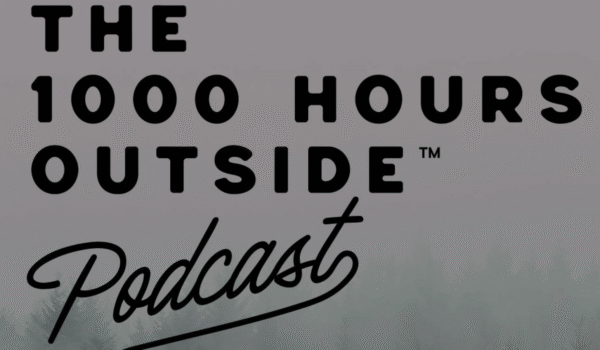

“We’ve Sucked the Joy Out of Parenting” – Dr. Kathy Hirsh-Pasek and Dr. Roberta Golinkoff, Einstein Never Used Flashcards – The 100 Hours Outside Podcast, February 26, 2026
In this warm, science-backed conversation, Ginny Yurich sits down with developmental researchers Dr. Kathy Hirsh-Pasek and Dr. Roberta Golinkoff—the longtime collaborators behind the newly revised Einstein Never Used Flashcards—to name what so many parents feel but can’t quite put into words: childhood has been sped up, pressured, optimized, and drained of joy. – LISTEN HERE
Read full story >

“AI for Kids: Smart Tech at the Right Age?” – UNESCO Interview, February 12, 2026
“Can AI really help children learn – and if so, when, how, and for whom? In this UNESCO Talks, child development and learning scientist Kathy Hirsh-Pasek dives into what makes AI developmentally appropriate for kids, and why simply reacting to new tools is not enough. Drawing on the science of learning, she explores how experiences with AI […]
Read full story >

“Fresh Take: Dr. Kathy Hirsh-Pasek and Dr. Roberta Golinkoff” – What Fresh Hell: Laughing in the face of motherhood podcast, January 30, 2026
“Developmental psychologists Kathy Hirsh-Pasek and Roberta Golinkoff, authors of EINSTEIN NEVER USED FLASHCARDS, explain why play—not pressure—is how kids really learn. They share research-backed ways parents can support healthy development.” LISTEN HERE…
Read full story >
Some of Kathy's books include:��
 Einstein Never Used Flash Cards, Revised EditionHow Our Children Really Learn--And Why They Need to Play More and Memorize Less
Einstein Never Used Flash Cards, Revised EditionHow Our Children Really Learn--And Why They Need to Play More and Memorize Less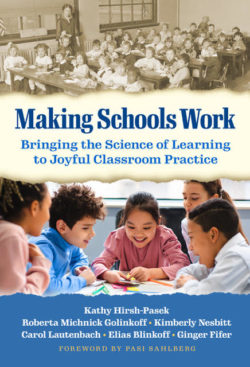 Making Schools WorkBringing the Science of Learning to Joyful Classroom Practice
Making Schools WorkBringing the Science of Learning to Joyful Classroom Practice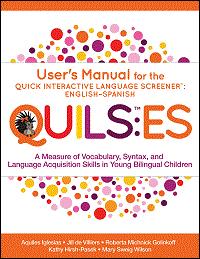 User’s Manual for the Quick Interactive Language Screener™: English–Spanish (QUILS™: ES)A Measure of Vocabulary, Syntax, and Language Acquisition Skills in Young Bilingual Children
User’s Manual for the Quick Interactive Language Screener™: English–Spanish (QUILS™: ES)A Measure of Vocabulary, Syntax, and Language Acquisition Skills in Young Bilingual Children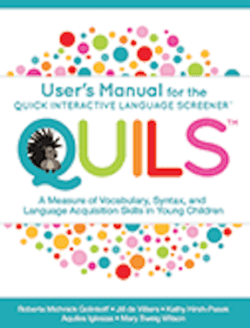 User’s Manual for the Quick Interactive Language Screener™ (QUILS™)A measure of Vocabulary, Syntax, and Language Acquisition Skills in Young Children
User’s Manual for the Quick Interactive Language Screener™ (QUILS™)A measure of Vocabulary, Syntax, and Language Acquisition Skills in Young Children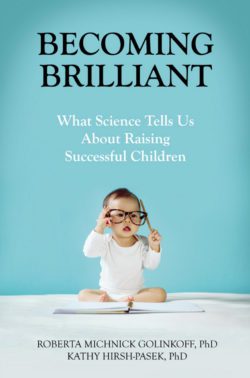 Becoming Brilliant:What Science Tells Us About Raising Successful Children
Becoming Brilliant:What Science Tells Us About Raising Successful Children
Stay in the know
Kathy is a Senior Fellow at the Brookings Institution, where she contributes articles to her Blog on a regular basis.�


